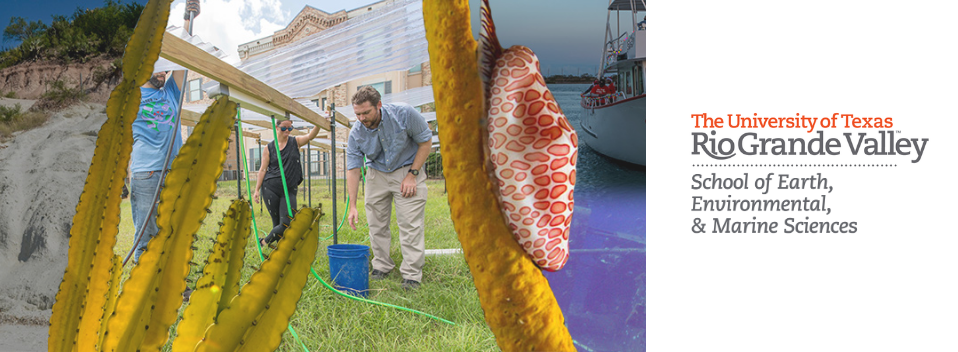
School of Earth, Environmental, & Marine Sciences Faculty Publications and Presentations
Document Type
Article
Publication Date
10-2020
Abstract
Isopods are a highly diversified group of deep-sea fauna, with a wide variety of shapes which must reflect a similar great variety of adaptations to the deep environments. The deep Mediterranean, however, has a low diversity of isopods related to its oligotrophy, the thermal stability of deep-water masses (∼12.8 °C below 150 - 200 m) and rather homogeneous geomorphology. The main factor defining isopod habitats in the Balearic Basin is insularity vs mainland influence. Desmosomatidae and Ischnomesidae, examples of epibenthic species (with lack of paddle-shaped legs and non/low-natatory capacity) are mainly linked to mainland areas with higher % organic matter (OM) and labile C, indicating food availability. By contrast, suprabenthic species like Munnopsidae (with some paddle-shaped, natatory, legs) are more dominant in insular areas. Compared with the Atlantic, the degree of impoverishment in diversity (number of species, S) of deep-Mediterranean asellotes is higher among epibenthos (with a lot of families/genera absent in the deep Mediterranean) than for suprabenthic species, with potential natatory capacity (natatory legs). This suggests that the high diversity of deep sea asellotes may depend on the trophic niches (sediment richness and diversity of habitats) available. In the 20 yrs period (1991-2011) of our (non-continuous) sampling series we identified some climatic influence (higher ENSO index) on the high densities reported in 1991-1992 samples, related to species taken at submarine canyons in mainland areas. Higher food availability (by advection) in canyons during 1991 and 1992 related with an increase of rainfall regime may enhance recruitment (e.g. in March 1992 inside canyons) and abundance/diversity of asellotes, especially for epibenthic species (Desmosomatidae).
Recommended Citation
Cartes, Joan E., and Diego F. Figueroa. 2020. “Deep Sea Isopods from the Western Mediterranean: Distribution and Habitat.” Progress in Oceanography 188 (October): 102415. https://doi.org/10.1016/j.pocean.2020.102415
Creative Commons License

This work is licensed under a Creative Commons Attribution-NonCommercial-No Derivative Works 4.0 International License.
Publication Title
Progress in Oceanography
DOI
10.1016/j.pocean.2020.102415


Comments
Original published version available at https://doi.org/10.1016/j.pocean.2020.102415